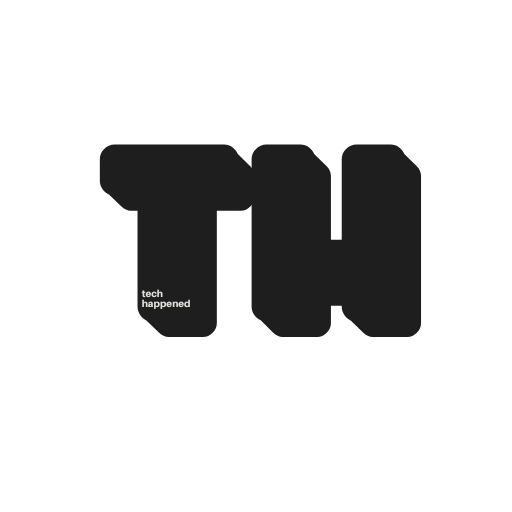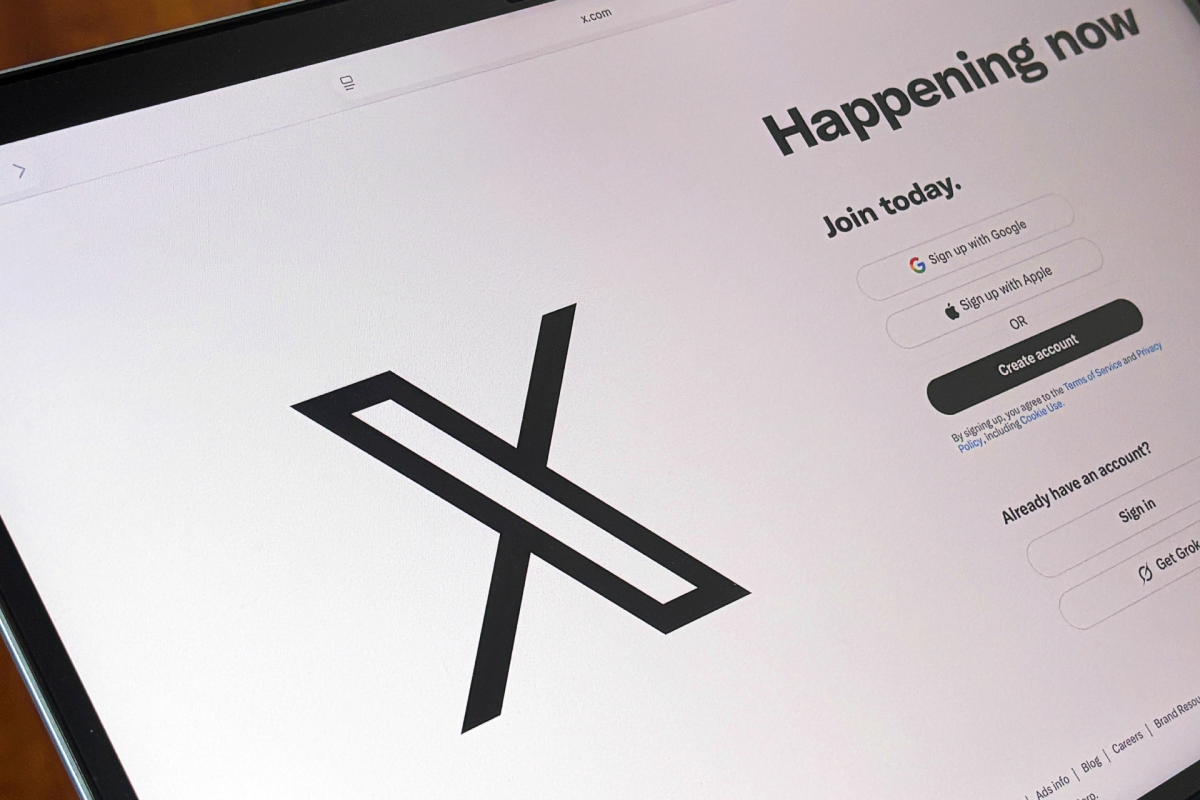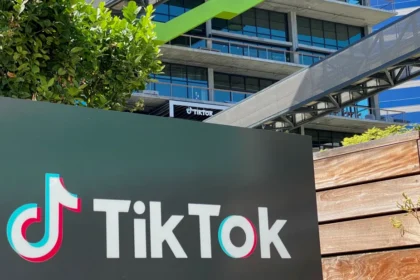An Indian court has dismissed Elon Musk’s X (formerly Twitter) attempt to challenge government-issued content takedown orders, ruling that foreign companies cannot claim constitutional free speech protections in India.
The Karnataka High Court upheld the Indian government’s use of Sahyog, a centralized online portal launched in October 2023 that allows authorities to issue takedown requests directly to social media platforms. The court determined that Article 19 of the Indian Constitution, which guarantees freedom of expression, applies only to Indian citizens, not to foreign corporations.
“Article 19… remains, nevertheless, a Charter of Rights conferred upon citizens only. The petitioner who seeks sanctuary under its canopy must be a citizen of the nation, failing which the protective embrace of Article 19 cannot be invoked,” senior judge M. Nagaprasanna said in his ruling, which was also livestreamed.
X had filed the case in March 2024, arguing that the Sahyog portal functioned as a “censorship tool” lacking transparency. The company said it was forced to block critical content against its will to avoid penalties, which could include heavy fines and imprisonment.
The ruling is significant as India asserts tighter control over global tech firms. Social media companies including Meta, Google, Microsoft, LinkedIn, and ShareChat have already integrated the Sahyog portal to process takedown notices. Content removals surged during major events such as the 2020–2021 farmers’ protests, where the government sought to curb viral dissent on platforms like Twitter, Facebook, and Instagram.
The decision comes as Musk expands his footprint in India, with Tesla operations now underway and Starlink gaining final regulatory approval. However, Musk, a self-described “free speech absolutist”, has previously acknowledged the strict regulatory environment in India. “The rules in India for what can appear on social media are quite strict, and we can’t go beyond the laws of a country,” he told the BBC in 2023.
Policy experts warn that while the Sahyog portal may improve coordination, it could also bypass the structured safeguards outlined under Section 69A of the Information Technology Act, 2000, which governs official blocking orders.
X still has the option to appeal to the Supreme Court, though analysts believe it is unlikely the ruling will be overturned.
Related: Indian Fintech Jar Turns Gold Savings Into a $279M Fintech Success Story
The court is expected to release the official written judgment on Thursday.






